Asian Americans report voting barriers, discrimination on Election Day
Many Asian American voters across the country, especially new citizens and first-time voters, encountered barriers and discrimination at polling places, including improper requests for identification, inadequate language assistance, no provisional ballots, being sent to multiple incorrect poll sites, and discrimination against American Muslim women wearing hijabs or niqabs.
The Asian American Legal Defense and Education Fund (AALDEF), a New York-based national organization, dispatched more than 950 attorneys, law students, and community volunteers to 137 polling places in 14 states with large Asian American populations, where they recorded voter complaints and conducted a nonpartisan multilingual exit poll of Asian American voters. AALDEF also received reports of voting barriers via a multilingual telephone hotline, by email, and on social media.
“Asian American voters had to overcome numerous obstacles in order to exercise their right to vote (on November 8),” said Jerry Vattamala, director of AALDEF’s Democracy Program. “Our attorneys are investigating every complaint, and we will report our findings and observations to local and state election officials, as well as the U.S. Department of Justice.”
Below is a summary of voting problems in the New York metropolitan area:
New York, NY
Improper requests for voter IDs. Asian American voters were asked to present voter IDs at several poll sites, including P.S. 217 in Midwood, Brooklyn, and at PS 222 and IS 230 in Jackson Heights, Queens. Voter IDs are not required in NY, except for certain first-time voters.
Broken voting machines. There were several reports of ballot scanner machines breaking down throughout the city, including PS 62 in Richmond Hills and Confucius Plaza in Manhattan’s Chinatown.
-At PS 214 in Flushing, Queens, one poll worker told several Asian American voters that they had to vote for all candidates on a party ticket in order for their ballots to be counted. That poll worker was later removed after our complaints to the NYC Board of Elections.
-At PS 20 in Flushing, Queens, Asian American voters said they were treated rudely by one poll worker, who refused to give voters affidavit ballots when their names could not be found in the voter rolls. Several voters also complained about poll worker misinformation when told they were at the wrong poll site.
-At PS 85 in Astoria, Queens, our poll monitors reported that interpreters were situated far away from Asian American voters, making it difficult for them to secure language assistance that was available, as required by section 203 of the Voting Rights Act.
-At P.S. 217 in Midwood, Bengali women complained they were singled out by poll workers to show voter ID because they were wearing hijabs. In addition, although many voters needed Bengali language assistance, interpreters and translated materials at Brooklyn site are not mandated under the Voting Rights Act.
-At Confucius Plaza in Manhattan’s Chinatown and PS 62 in Richmond Hill, Queens, where ballot scanners broke down, voters were not given emergency ballots. Instead, they were told to fill out regular ballots that would be scanned later, creating uncertainty about whether their votes would be counted.
Jersey City, NJ
-At Fire House on Sip Avenue, where the voting machine broke down, an Asian American voter was told to come back later when it was fixed, rather than being given an emergency ballot.
AALDEF has conducted nonpartisan exit polls since 1988. In the 2012 presidential election, AALDEF polled 9,096 Asian American voters in 12 languages in 14 states. — Asian American Legal Defense and Education Fund

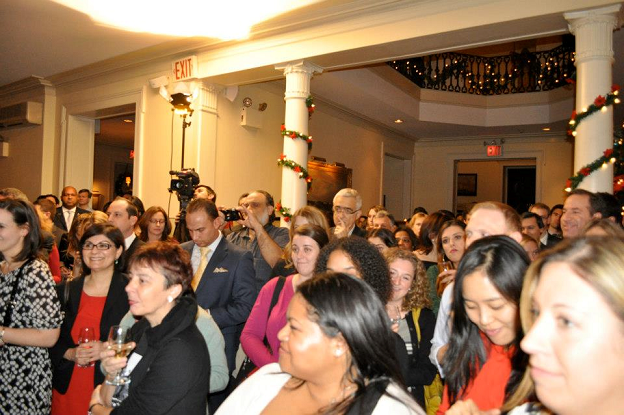
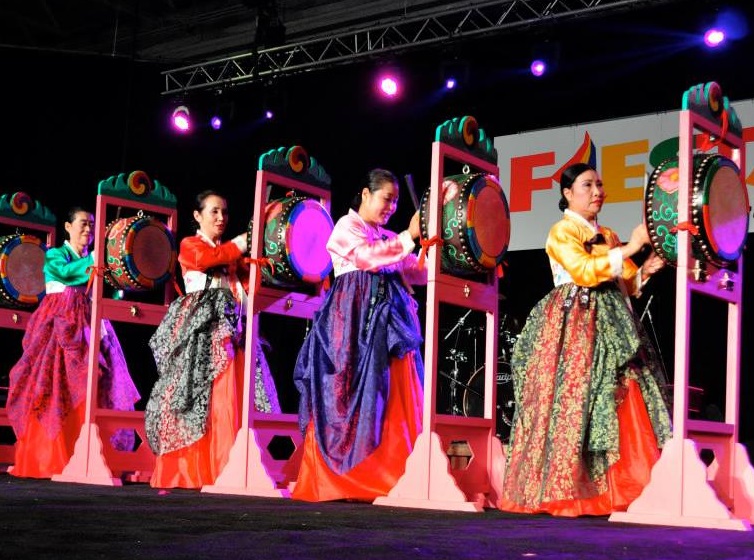
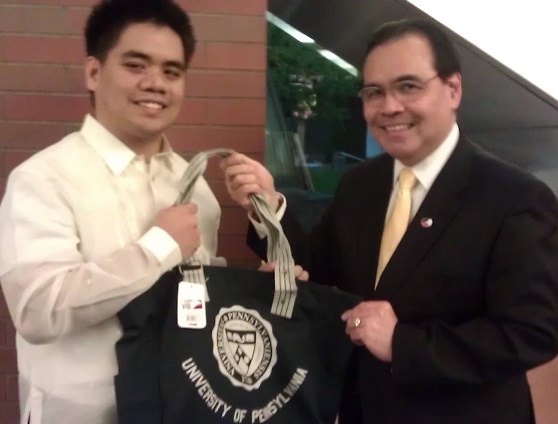
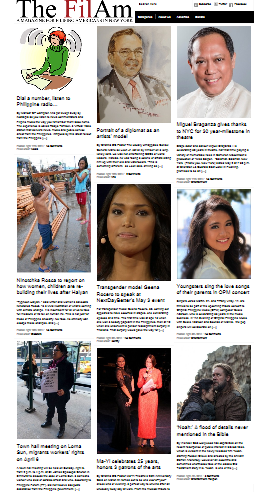
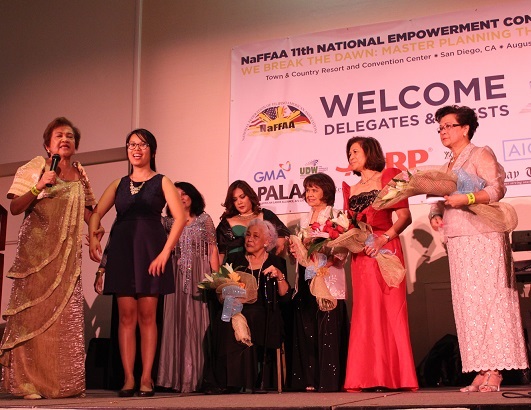

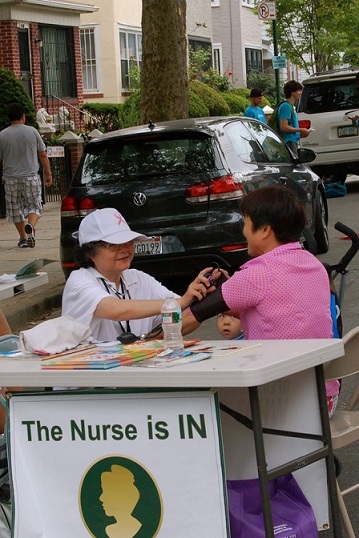


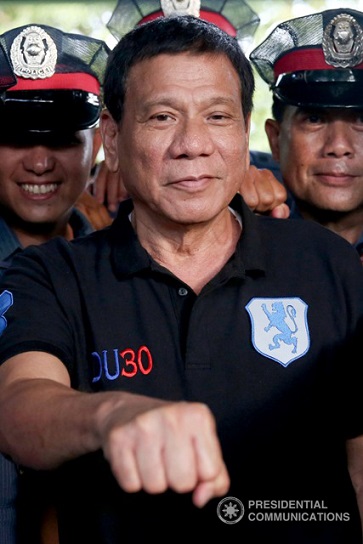

Great article and very very interesting blog. Looking forward to reading more from you next week.